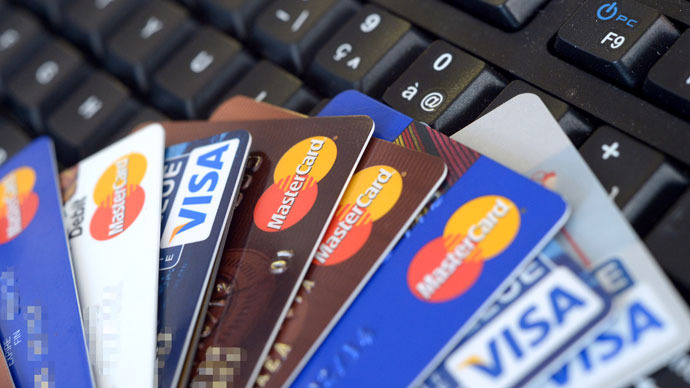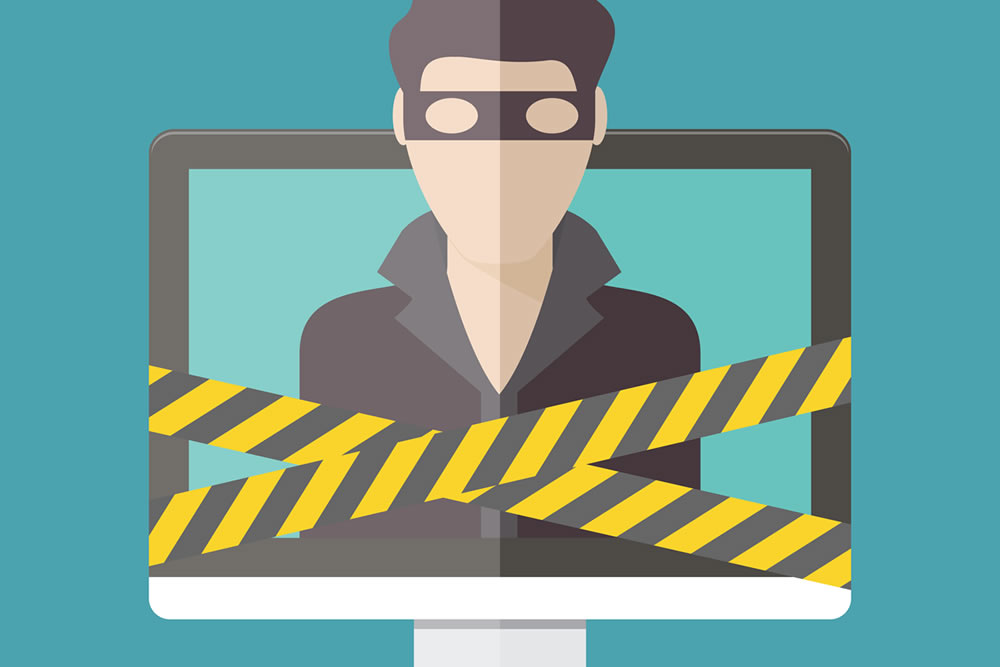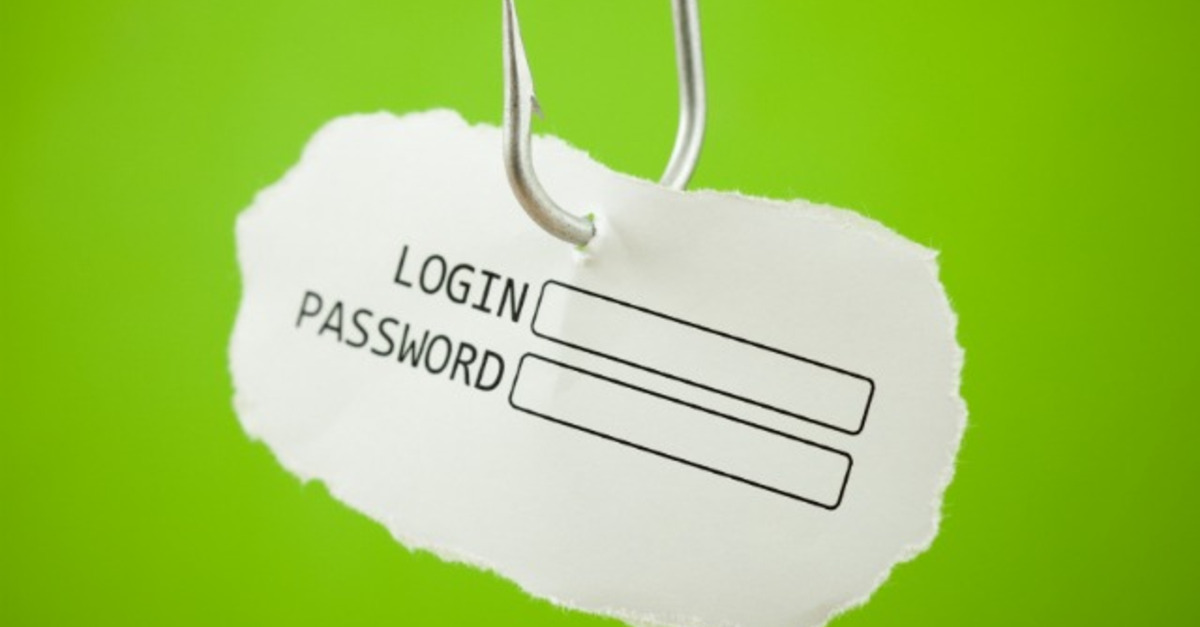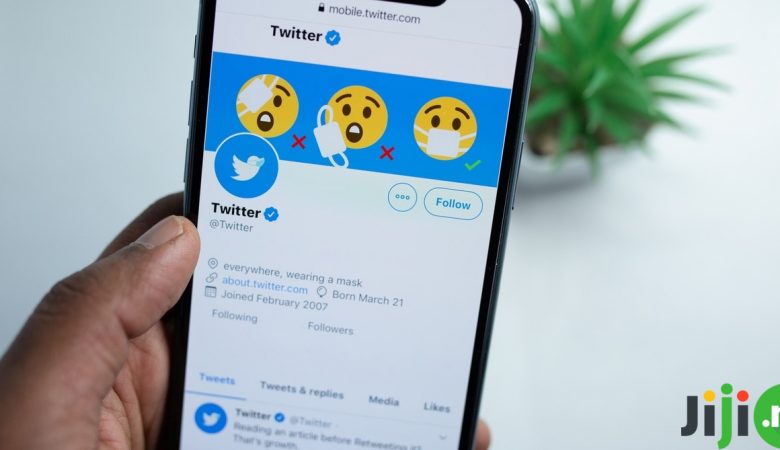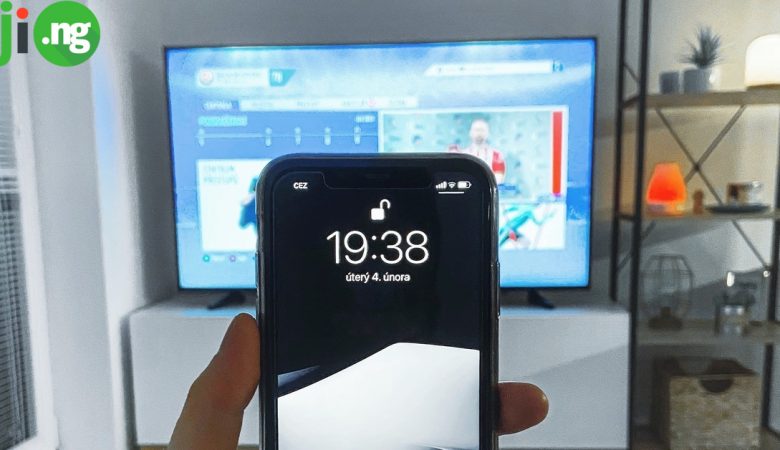The modern age, with its brand new technologies and gadgets, is actually a wonderful time to be alive – there is so much more we can do with the help of technology that with every year it becomes harder and harder to imagine what life would be like without the luxury of technology we have today. However, like most good things, technology comes with its drawbacks. There are a lot of negative sides of the rapid development of technology we’re witnessing today, but probably the most serious and scariest of them all are the ones that threaten our privacy, security, and even life.
1. Bank fraud
One by one, local and global banks are starting to explore the benefits of technology, creating a presence online and offering their customers numerous opportunities for banking online. These days you can transfer money between accounts, pay for stuff online, send money to your friends and relatives, and perform a whole number of banking operations without leaving your computer.
However, that leaves you open to all kinds of financial threats. The most common fraud is simple social engineering: scammers call you on the phone, pretending to be the employees of your bank, and ask for your banking data, like the CVV number on your credit card or the answer to your secret question. As a result, you risk giving your sensitive information to scammers and losing the money from your account.
2. Internet trolls
There’s no arguing with the fact that the internet has done a lot to make the communication easier. Now we can talk to our friends and meet new people within a few clicks directly from our laptop, phone or tablet. However, this kind of communication has its own negative sides, and one of the scariest ones is internet trolling.
If you’ve never had experience with internet trolls, consider yourself to be lucky, because it often gets so serious and nasty that people have been drawn into emotional distress due to constant attacks from trolls. If you’re the kind of person who is easily offended and impressed, it’s best to avoid confrontations with trolls, or people whose main goal is to bother you or even destroy your life. Don’t give the internet trolls a chance to succeed – simply ignore their attacks, and when they realize you’re not an easy target, they will leave you alone for good.
3. Identity theft
This internet threat is often linked to banking frauds, but the truth is that identity theft is a much broader subject. When your identity gets stolen, you don’t just risk losing the money from your bank account – in fact, identity theft includes a large number of security breaches, from stolen passwords to compromised financial information, and from social media accounts impersonating you to even medical identity theft.
There is no universal recipe for dealing with identity theft, because there are so many kinds of it that each one needs a personal approach. However, protecting yourself against this threat is possible – first of all, never give strangers on the internet information about yourself, no matter how minor you think this information is. Second, if you’re using online banking, make sure the bank’s page is protected. And third, use complicated passwords and don’t use one password for more than two websites.
4. Privacy breach
As an active internet user, you need to know that everything you do online is tracked: the things you buy, the people you talk to, the files you download, etc. And sometimes that sensitive data gets into the wrong hands, which is also known as a privacy breach. Often this kind of breach doesn’t pose any threats to your well-being, but there are times when that obtained data can be used against you. Among the things you can do to protect yourself is watch your internet use carefully, avoiding anything that can be later used against you.
5. Phishing
On the internet phishing usually takes one of these two shapes: either you receive an official-looking email from a company you actually use asking you to provide some personal data, or you are taken to a website that closely resembles a certain website you use and are asked to enter your data. Both of these pages are essentially frauds designed to steal your sensitive or financial information. Be careful and pay a lot of attention to the address: for example, an email from [email protected] is hardly an official Google email, and if the address is facebooook.com instead of facebook.com, you’ll know that something is not right here and this page should be left immediately.

